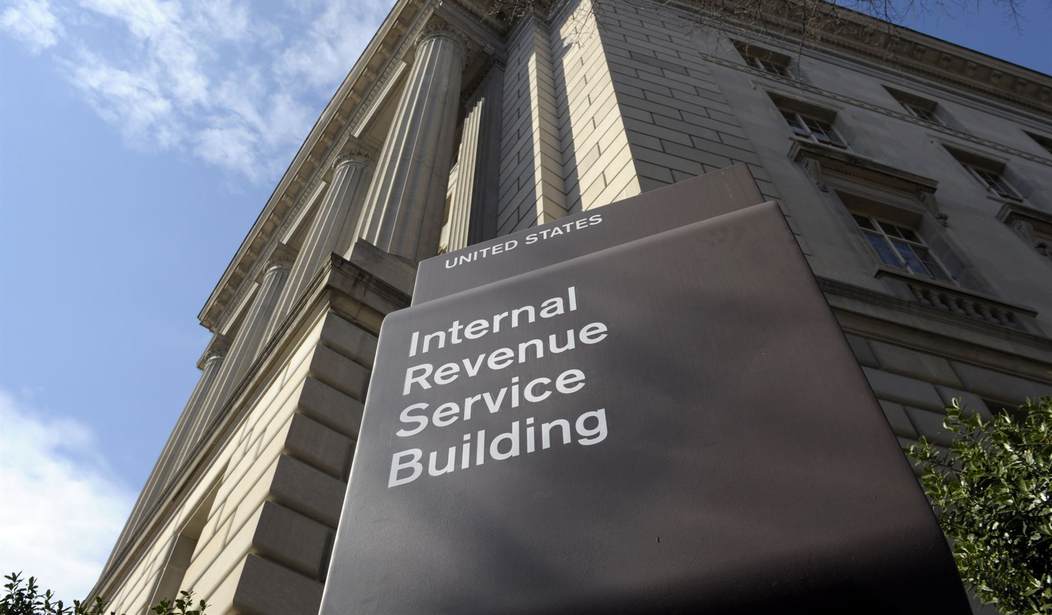On Tuesday, Treasury Secretary Steve Mnuchin announced that U.S. taxpayers would be allowed to defer their 2019 tax payments for up to 90 days without interest or penalty due to concern over the coronavirus. The IRS issued further guidance on Wednesday about the 2019 tax payment deadline.
The guidelines allow taxpayers to postpone tax payments, up to $1 million for individuals and $10 million for corporations, for 90 days without interest or penalty. The deferrable limits are the same for a single individual as for a married individual filing a joint return. The payment deadline for 2020 first-quarter estimated federal income taxes has also been deferred until July 15, 2020.
"As a result of the postponement of the due date for making Federal income tax payments up to the Applicable Postponed Payment Amount from April 15, 2020, to July 15, 2020, the period beginning on April 15, 2020, and ending on July 15, 2020, will be disregarded in the calculation of any interest, penalty, or addition to tax for failure to pay the Federal income taxes postponed by this notice," an IRS statement said.
While payments may be postponed until July 15, 2020, the deadline to file 2019 tax returns is still April 15, 2020. The extension applies only to federal income tax payments, as states set their own income tax payment deadlines. IRS penalties, interests, and any applicable tax additions will begin to accrue on July 16, 2020.
Recommended
Secretary Mnuchin said most Americans should file promptly since most individuals end up receiving a tax refund from the IRS.
The Treasury secretary's move is aimed at providing Americans and businesses with much need liquidity, an expected $300 billion, for the coming months as the U.S. economy reacts to the drastic measures undertaken to help stop the spread of the coronavirus.
























Join the conversation as a VIP Member